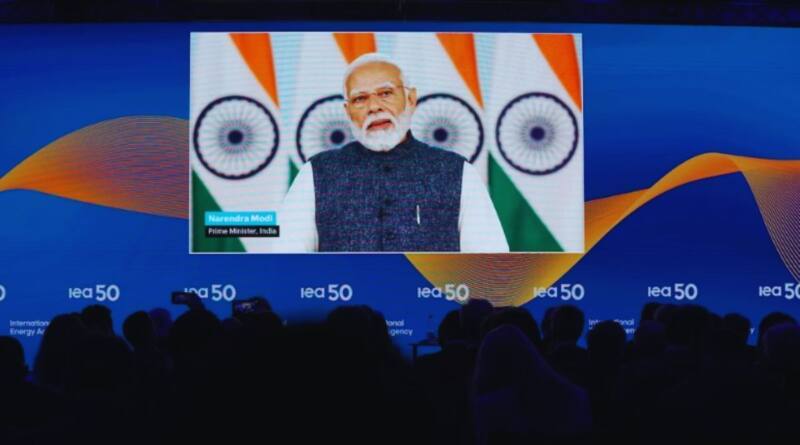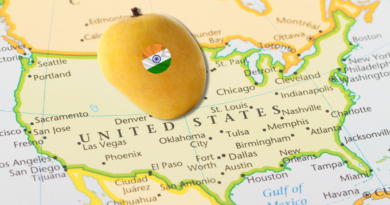India Will Begin Discussions Now to Join International Energy Agency
New Delhi: Priests from the Universal Vitality Agency’s participating nations have started dialogues with India about its application to become a full member of the Paris-based association of 31 countries, the IEA reported on Wednesday.
In an articulation released after the IEA’s 2024 ecclesiastical assembly in Paris, the organisation expressed that the talks with India are in acknowledgement of the country’s “key significance” in tending to worldwide vitality and climate challenges.
“The Ecclesiastical gave the IEA a clear order to fortify participation with major developing economies. This incorporates starting dialogues with India with respect to its request for full IEA enrollment,” it added. India, which joined the IEA as a related country in 2017, has submitted a formal request for full enrollment in October 2023.
“Priests perceived the ‘strategic importance’ of India in handling worldwide vitality and climate challenges,” the Worldwide Vitality Organisation (IEA) said.
Prime Minister Narendra Modi addressed the assembly through video conferencing, expressing that India is the world’s fastest-growing major economy. “Maintained development needs vitality, security, and supportability,” he went on to say. “I am beyond any doubt that the IEA will have an advantage when India plays a greater part in it.” India, the world’s third-largest vitality buyer, joined the IEA as a related part of Walk 2017, but has had long-standing engagements with the organisation.
In 2021, India also marked a key association agreement with the Universal Vitality Office to reinforce participation in worldwide vitality security, solidity, and sustainability.
The IEA is comprised of 31 member nations. It also has eight related nations. Four nations are competing for full enrollment: Chile, Colombia, Israel, and Lithuania. To become a full member of the IEA, a nation must begin by connecting with the Association for Financial Participation and Improvement.
The IEA too requires its member countries to keep rough oil and/or item saves (key oil saves) proportionate to 90 days of net imports from the past year, to which the government has prompt access (indeed, in the event that it does not straightforwardly own them) and which may be utilised to address disturbances in worldwide oil supply.
India’s current key oil reserves equal 9.5 days of its necessity, and when combined with capacity at refineries and depots, it features a stockpile comparable to 66 days of requirement. IEA individuals facilitate crisis reaction measures on the occasion of a critical worldwide oil supply disruption.




